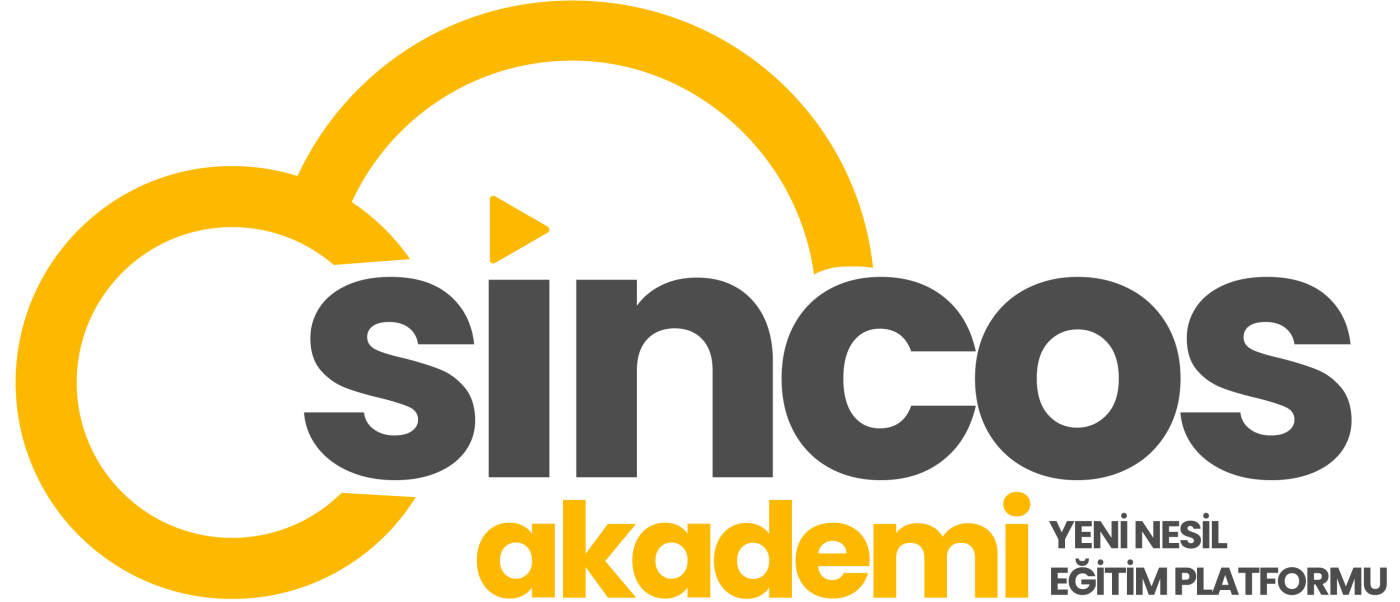Sober living
Relapse Risk Factors: Recognizing Internal and External Triggers
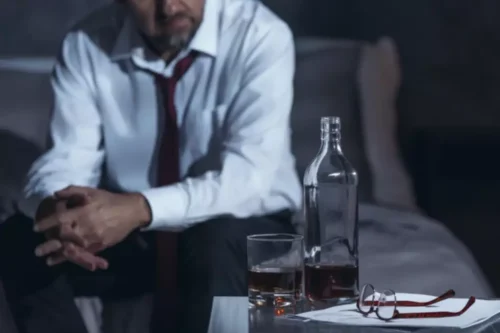
Isolating oneself from these support resources can put one at a greater risk for relapse. Ever find yourself returning to alcohol after weeks or months of sobriety? Discover how our brains distort past memories and the science to overcome https://ecosoberhouse.com/ relapse. Addictive behaviors create a difficult-to-break cycle of shame that creates further shame unless explored in a way that allows learning to take place. Sleep regulates and restores every function of the human body and mind.
- Maintaining a healthy lifestyle will also keep you in a routine and make you less likely to stray into negative habits.
- Lack of sleep often leads to self-neglect, which can make a person more vulnerable to using again.
- A person in recovery may begin to believe that they can use again without falling back into their addiction.
- Instead, it can be an opportunity to examine what lifestyle changes, coping skills, and adjustments may be needed to prevent relapse in the future.
Avoiding High-Risk Situations
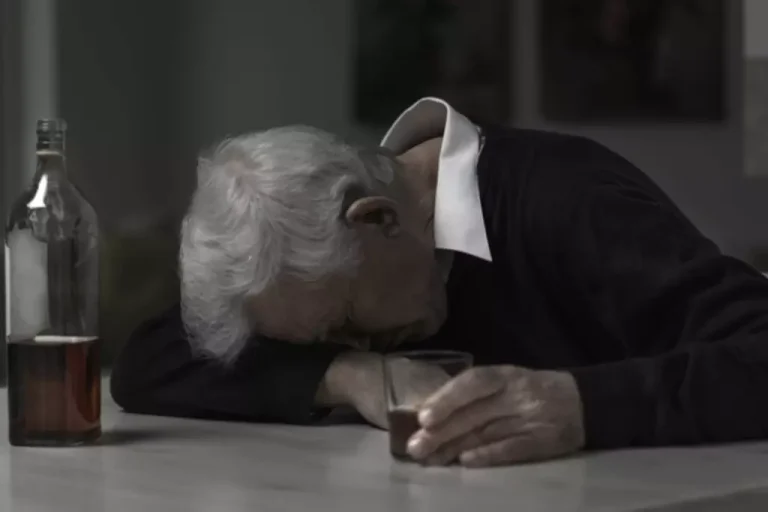
Write down things that have helped you stay sober on your recovery journey. Positive coping skills include attending support groups, exercising, journaling, and eating healthy foods to minimize intense cravings. Addiction relapses are similar in that the individual needs to seek treatment to get back on track. To overcome withdrawal symptoms, most people need some form of detoxification or withdrawal management service.
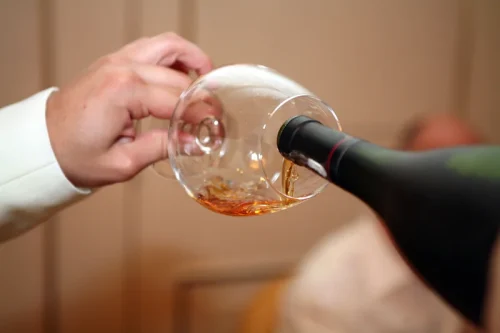
Signs of Relapse
Many factors play a role in a person’s decision to misuse legal or illegal psychoactive substances, and different schools of thinking assign different weight to the role each factor plays. Addiction is a chronic brain disease with a relapse rate similar to that of other chronic conditions like diabetes. When people stop their treatment plans for chronic conditions, they are more likely to relapse. Using drugs or alcohol over the long term builds associations between a person’s daily routine and their experiences with intoxication. As a result, certain cues immediately flip the switch on the association and activate the craving reflex in response to external or internal triggers in recovery.
Common Internal Relapse Triggers
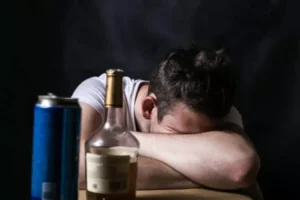
In the realm of addiction, relapse has a more specific meaning—a return to substance use after a period of nonuse. Whether it lasts a week, a month, or years, relapse is common enough in addiction recovery that it is considered a natural part of the difficult process of change. Between 40 percent and 60 percent of individuals relapse within their first year of treatment, according to the National Institute on Drug Abuse. Relapse in addiction is of particular concern because it poses the risk of overdose if someone uses as much of the substance as they did before quitting. Friends and family may not understand the consequences of negative behaviors toward people in recovery. These behaviors can make the individuals feel alienated and push them toward substance use.
- The stressors of daily life can include several triggers including coworkers, on-the-job stress, finances, and family tensions.
- Therapy is extremely helpful; CBT (cognitive behavioral therapy) is very specifically designed to uncover and challenge the kinds of negative feelings and beliefs that can undermine recovery.
- I have also included a link to a public service video on relapse prevention that contains many of the ideas in this article and that is freely available to individuals and institutions [5].
- Cognitive therapy helps clients see that recovery is based on coping skills and not willpower.
If someone forgets that addiction is a chronic condition, they may be tempted to have “just one” drink, injection, hit or bump with the expectation that it won’t be a big deal. A trigger is an emotional, environmental or social situation that drags up memories of drug or alcohol use in the past. These memories can stir up strong emotions that lead to the impulse to use a substance again. types of relapse triggers Triggers do not necessarily lead to relapse, but they do make it harder to resist the sudden cravings they produce. Recovery from addiction comes with a variety of obstacles and challenges. One of them is dealing with the many physical and emotional cues that arise as people go through life, which results in the desire to pick up the substances they are trying to put down for good.
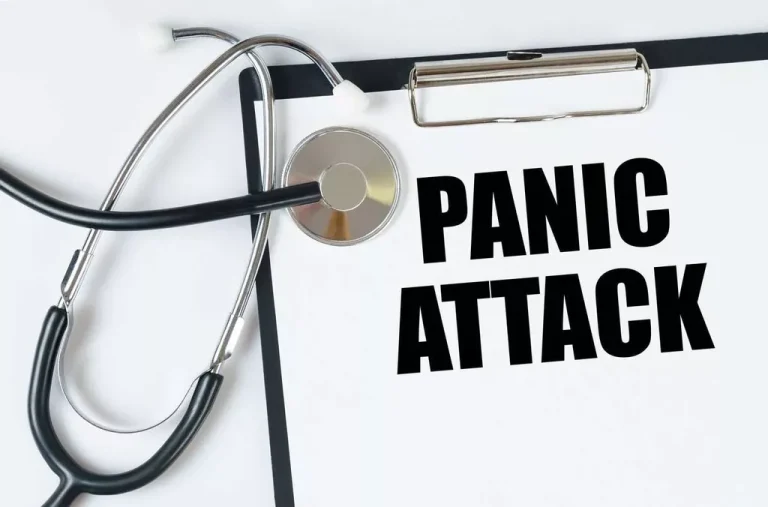
Identifying your personal triggers
- Individuals often underestimate the dangers of situations and fall into the trap of single-time use.
- It’s simply part of their process – an obstacle that must be overcome.
- By doing this, you will be reducing the likelihood of stress triggering a relapse.
- It’s crucial to address these negative feelings to prevent an emotional relapse.
- Issues in relationships, such as conflicts, broken connections, or lack of support, have a significant impact on emotional well-being.
What is the role of cognitive therapy and mind-body relaxation in relapse prevention?

